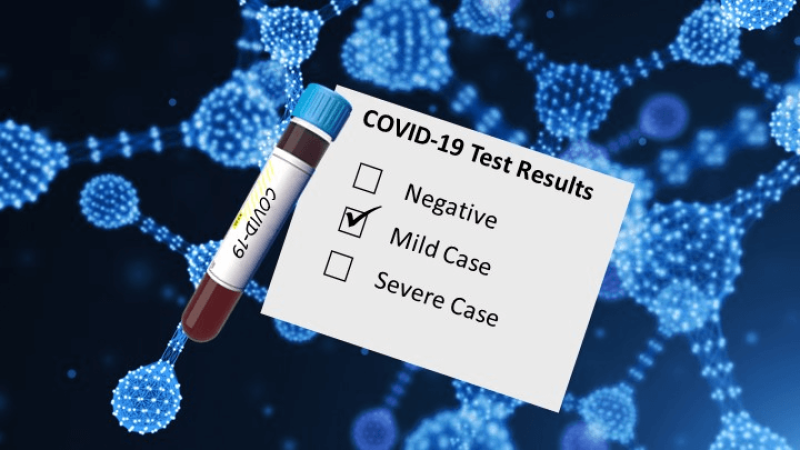It’s hard to predict who might succumb, but researchers are searching for genetic clues.
Some studies have found that versions of genes inherited from Neandertals may protect against COVID-19, while other genetic heirlooms passed down from Neandertals can up the risk of severe disease.
A massive international study examining DNA from more than 28,000 COVID-19 patients and almost 600,000 people who hadn’t been infected (to the best of their knowledge) confirmed that inheritance from Neandertals is involved in COVID-19 susceptibility.
The study also confirmed a previous finding that people with type O blood may have some protection against getting infected with the coronavirus.
But the problem with all of these studies is that they can’t tell any individual what their chances are of a bad outcome from catching COVID-19. For instance, the DNA testing company 23andMe tells me that I have less than 2 percent Neandertal DNA. I don’t know whether that includes the variants that would make me more susceptible to severe disease or the ones that protect against infection. What if I got both? And how does that play with my blood type and all the other genetic variants I may carry?































